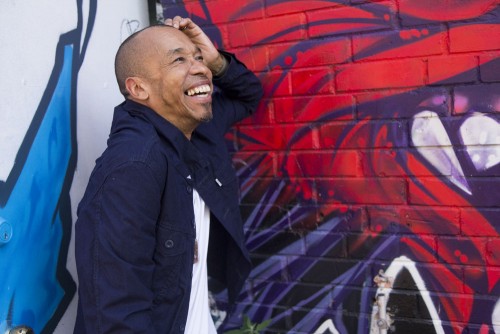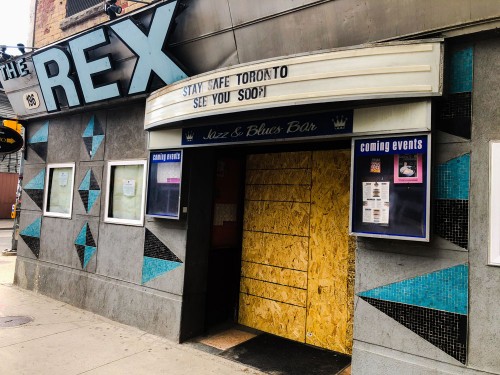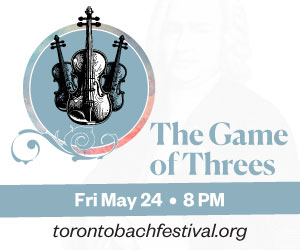As the sticky, heady haze of summer lifts, the coming of autumn usually heralds a period of productive reorientation, a clearing of the mind, a collective refocusing of eyes on the road ahead. This year, of course, is not a usual year, and, rather than providing reassurance, many of the traditional markers of the changing season are inducing no small amount of anxiety. Teachers and students return to schools amidst a tumult of hopeful precautions, increased screen time and burgeoning case numbers; CERB, a lifeline for out-of-work gig-economy workers, including many musicians, is set to end; the prospect of seeing family and friends continues to be fraught with peril. (Alternatively: for those who wish to avoid spending time with their extended family, COVID-19 has provided an irreproachable excuse.)
Throughout it all, however, Southern Ontario seems to be settling into an abnormal normalcy, a return to something resembling pre-COVID fall. One of the most exciting musical developments has been the reopening of many jazz clubs, under strict physical-distancing guidelines. Some clubs, like The Emmet Ray, have been open throughout the summer, for takeaway food and beverages, patio service and, eventually, dine-in service, with live music; others, like The Rex, stayed closed until they could reopen all at once, music included.
This October issue marks the first month that listings have been available from individual clubs since March. If you check the Mainly Clubs, Mostly Jazz listings in this magazine (page 47), they may look a little sparse; there are a few reasons for this. The first reason: while many venues have begun to host live music again, the booking process is complicated, and, at the moment, not all venues have their schedules confirmed months (or even weeks) in advance. The Rex is one such club. Though The Rex is presenting two shows a day, their booking process – at least at the time that I wrote this column – is happening on a week-by-week basis. The second reason: some clubs, unsure of what the coming month will bring, are holding off on advertising and even announcements, lest regulations suddenly force them to cancel gigs (or cancel dine-in service altogether). The third reason: some clubs, including 120 Diner, N’Awlins and Alleycatz, have closed.
 A month ago, as I was putting together the October edition of this column, it seemed as though the live music scene in Southern Ontario was beginning – cautiously, carefully – to reassemble itself. Clubs were posting listings on their websites; artists were beginning to advertise gigs on social media; it was possible to plan a night out. Then, on October 10, restaurants in at least three regions were ordered closed for indoor seating and live music was put on hold once again. While there are still some clubs that are presenting shows, including The Jazz Room in Waterloo, there is a cloud of uncertainty hovering over the industry: venues, musicians and patrons alike. If case numbers go down, will venues be permitted to reopen? If they reopen, will audiences feel safe (and motivated) enough to seek out live music?
A month ago, as I was putting together the October edition of this column, it seemed as though the live music scene in Southern Ontario was beginning – cautiously, carefully – to reassemble itself. Clubs were posting listings on their websites; artists were beginning to advertise gigs on social media; it was possible to plan a night out. Then, on October 10, restaurants in at least three regions were ordered closed for indoor seating and live music was put on hold once again. While there are still some clubs that are presenting shows, including The Jazz Room in Waterloo, there is a cloud of uncertainty hovering over the industry: venues, musicians and patrons alike. If case numbers go down, will venues be permitted to reopen? If they reopen, will audiences feel safe (and motivated) enough to seek out live music? 



